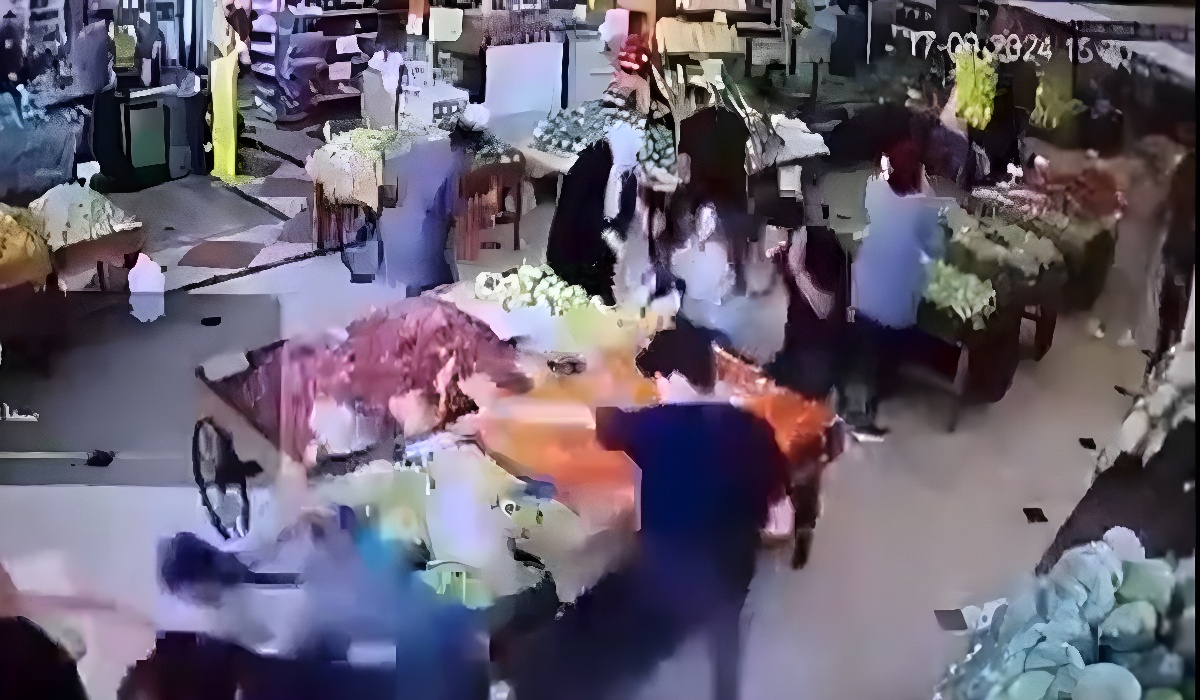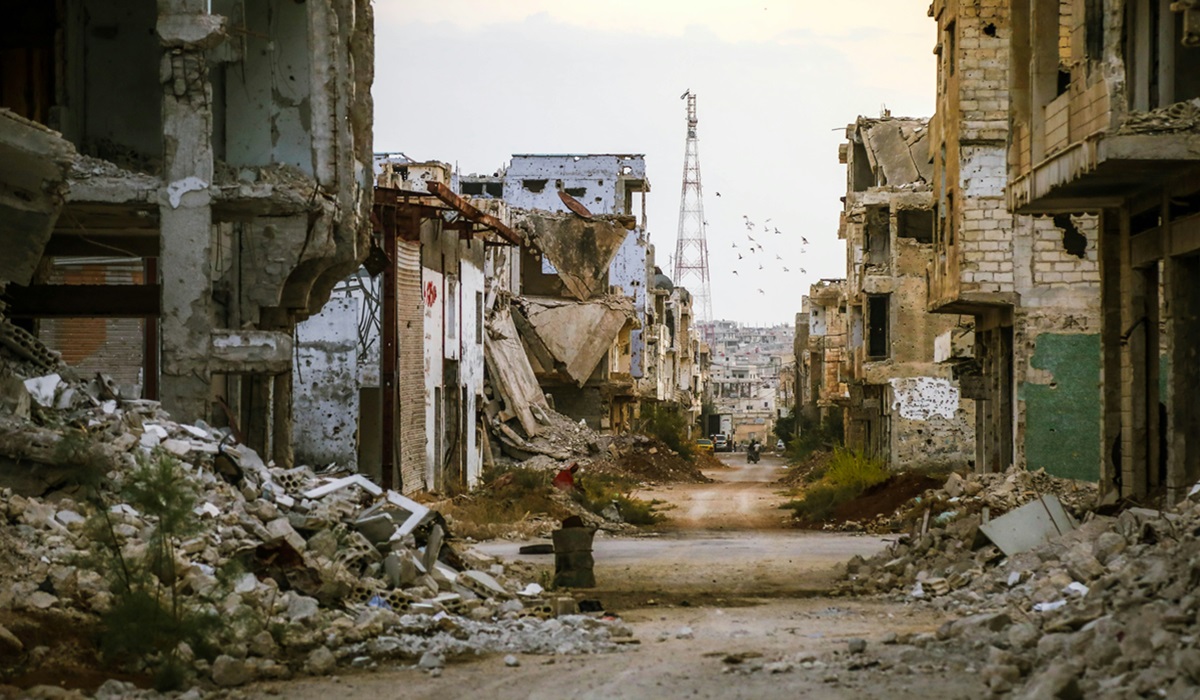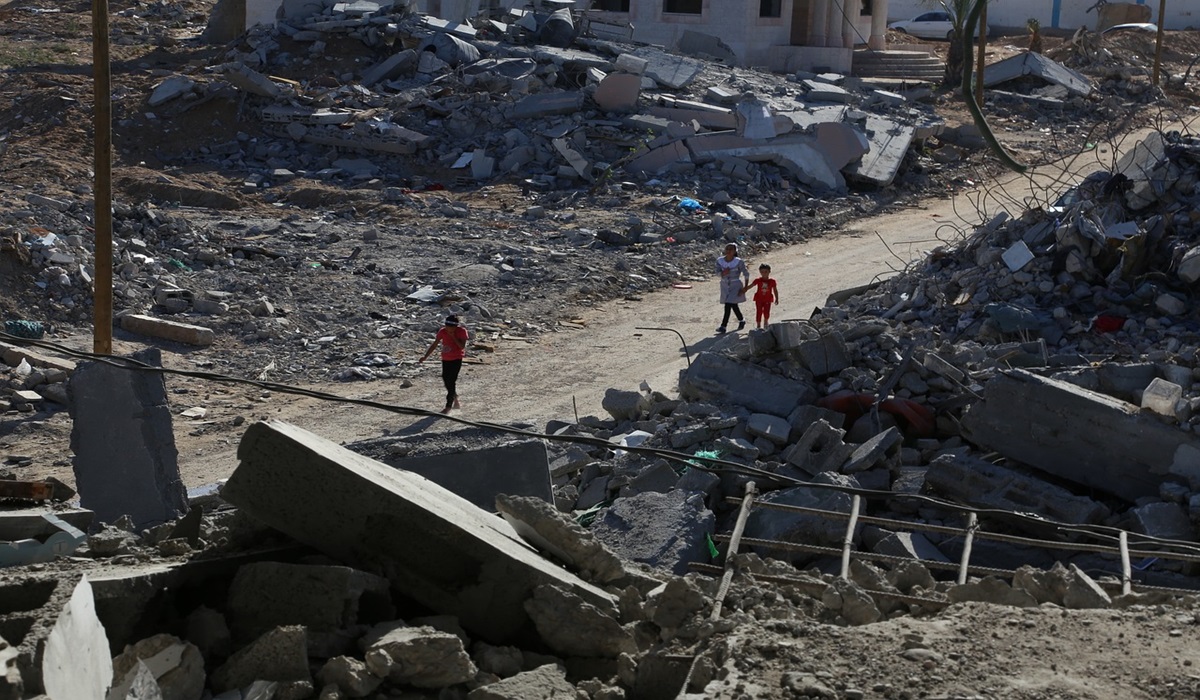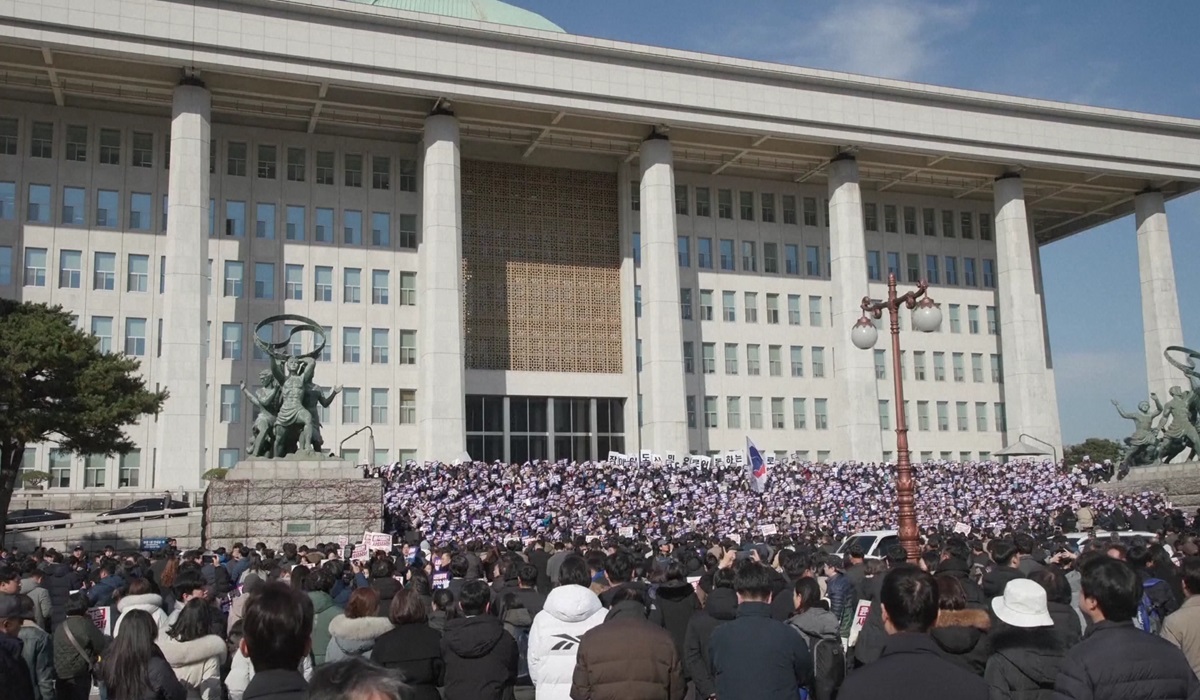Technological Warfare Unleashed: Over 3,000 Injured in Hezbollah-Linked Explosion
- TDS News
- Breaking News
- September 18, 2024

In a disturbing and highly sophisticated event, over 3,000 people have been left injured and 13 killed in Lebanon, including a young boy and girl, following a coordinated explosion linked to Hezbollah members. The operation, which involved the use of tiny explosives secretly implanted into pagers, marks a new and unsettling level of technological warfare. The explosives were either remotely or simultaneously detonated, causing mass devastation and widespread shock. While Israel is being widely blamed for the incident, it has yet to officially claim responsibility. The United States has quickly distanced itself, stating unequivocally that it had no involvement.
The complexity of the operation has left many stunned, not only by the scale of the devastation but also by the method employed. Pagers, long considered outdated and rarely used in most parts of the world, were believed to be secure precisely because they were no longer part of modern, hackable networks. Their presumed untraceability was likely a key reason Hezbollah continued to use them, assuming they offered a level of protection from digital interference. This incident has shattered that belief and raised serious questions about the vulnerability of other devices like cell phones, laptops, and tablets.
The explosives used in this operation were installed in such a way that they evaded detection, potentially for months or even years. The simultaneous detonation, whether through remote control or pre-timed mechanisms, shows a level of precision and planning rarely seen in this type of warfare. The sophistication of the technique has sparked a wave of fear in Lebanon and beyond, with many now questioning how such devices were compromised. It also points to a larger concern about the evolution of technological warfare. If pagers, once thought immune to hacking, can be exploited in such a devastating manner, what does that mean for more advanced devices that are integral to everyday life?
Hezbollah has responded by ordering the immediate destruction of all pagers in Lebanon, recognizing the scale of the threat posed by this breach. The group has also promised swift retaliation, further stoking fears that this event could ignite a much larger and more violent phase in the ongoing Middle Eastern conflict. Their vow of retribution underscores the seriousness of the situation, as Hezbollah prepares for what could be an intense and rapid escalation.
While Israel has yet to confirm or deny its involvement, speculation continues to mount. If the country is found to have been responsible, it could represent the start of a much larger conflict in the region. The use of such advanced methods in the incident suggests that the conflict is entering a new phase, where technology and infiltration play an increasingly central role. This shift represents not only a change in strategy but also a clear escalation in the level of sophistication that both sides are willing to employ.
The widespread panic over the potential infiltration of other devices has already begun to spread, with many questioning whether modern technology is as secure as people are led to believe. The fact that pagers, a technology from a bygone era, could be compromised in such a sophisticated way raises concerns about the possibility of similar attacks on cell phones, laptops, or even essential infrastructure systems.
If Israel officially claims responsibility, this will likely be seen as a watershed moment in the broader conflict. The world is watching with growing unease, recognizing that the nature of warfare is rapidly changing. What was once a war fought on battlefields has now shifted into a digital realm where even the most unlikely of devices can be weaponized.
The devastation and the precision involved in this operation have shocked the region and beyond, with global powers weighing the potential implications. Hezbollah’s promise of retaliation has set the stage for what could be a significant escalation, leaving many to wonder how far this new wave of technological warfare will go. The world waits, watching as Lebanon grapples with the aftermath of this unprecedented and chilling event, unsure of what the future holds but knowing that the stakes have never been higher.








